Top 10 Cheapest Cars to Crash

You might believe the cheaper a car, the less it costs to fix after a collision. But that’s not necessarily the case.
The Insurance Institute for Highway Safety (IIHS) has released a new report that uses the latest claims information from HLDI to determine collision losses for 2014-2016 model year passenger vehicles. To determine which cars are cheapest to repair following a collision, IIHS looked at claim frequencies per 100 insured vehicle years, the average loss payment per claim (claim severity), and the average payments per insured vehicle year (overall losses).
SEE ALSO: Top 15 Safest Cars of 2018 According to IIHS
Some of the results may surprise you, especially with the amount of pickup trucks on the list.
10. Subaru Outback
The Subaru Outback starts things off as one of the cheapest cars to crash, with the wagon having a claim frequency of 6.0, claim severity of $3,692, and overall losses of $222.
9. Subaru Outback with EyeSight
Technically a tie with the same overall losses of $222, the Subaru Outback equipped with the Japanese automaker’s EyeSight technology has a claim frequency of 5.9, but its claim severity is slightly higher at $3,750.
8. Ford F-350 SuperCab
One of several pickup trucks on the list, the Ford F-350 SuperCab comes in eighth place with overall losses of $221. Claim frequency registers at 4.6, while claim severity is $4,789.
7. Ram 2500 Crew Cab
The Ram 2500 Crew Cab is cheaper to crash than the Ford F-350 SuperCab, with overall losses averaging $215. Claim frequency for the Ram 2500 is higher however at 6.2, but the claim severity is quite a bit lower than the F-350 at $3,451. In fact, the Ram 2500 Crew Cab has the lowest claim severity of all the vehicles on the list.
6. Jeep Wrangler Two-Door
The Jeep Wrangler is the sixth cheapest car to crash on the list, with a claim frequency of 3.1 and overall losses of $205. Claim severity is second highest on the list however, at $6,555.
5. Chevrolet Corvette Z06 Convertible
Perhaps the most surprising car on the list is the Chevrolet Corvette Z06 Convertible. Not surprising, however, is its low claim frequency of 2.8, and its claim severity of $7,145 — highest of all cars on the list. Overall losses, however, are $204, landing the droptop ‘Vette on the fifth spot.
4. Kia Soul Electric
The funky Kia Soul EV has overall losses of $189, making it one of the cheapest cars to crash. Claim frequency is 5.0 for the electric crossover, while claim severity is $3,786.
3. Ford F-250
The cheaper of the two Ford Super Duty pickups to crash is the F-250, with overall losses at $187. Compared to the F-350, however, the F-250 has a higher claim severity at $4,940. Its 3.8 claim frequency value is lower than the F-350 though.
2. Ram 1500
Ram’s popular 1500 pickup is one of the cheapest vehicles to crash, with overall losses of $185. Claim severity, at $4,065, is higher than the 2500 while claim frequency is lower at 4.5.
1. Smart ForTwo Electric
The cheapest car to crash according to IIHS and HLDI data is the Smart ForTwo Electric. It’s probably not very surprising, considering the subcompact doesn’t even look like a car to some people. Claim frequency is 3.3, while overall losses are $162. Claim severity, however, isn’t the lowest on the list at $4,921.

Jason Siu began his career in automotive journalism in 2003 with Modified Magazine, a property previously held by VerticalScope. As the West Coast Editor, he played a pivotal role while also extending his expertise to Modified Luxury & Exotics and Modified Mustangs. Beyond his editorial work, Jason authored two notable Cartech books. His tenure at AutoGuide.com saw him immersed in the daily news cycle, yet his passion for hands-on evaluation led him to focus on testing and product reviews, offering well-rounded recommendations to AutoGuide readers. Currently, as the Content Director for VerticalScope, Jason spearheads the content strategy for an array of online publications, a role that has him at the helm of ensuring quality and consistency across the board.
More by Jason Siu



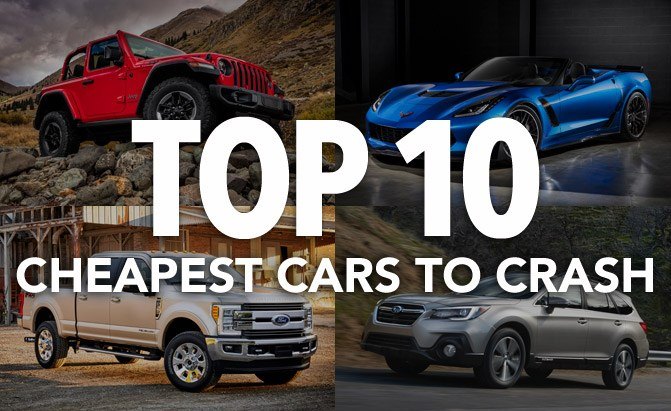














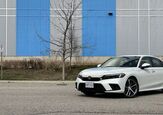







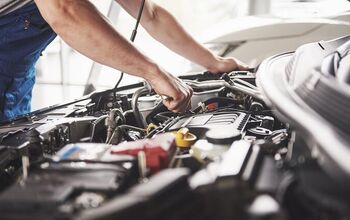

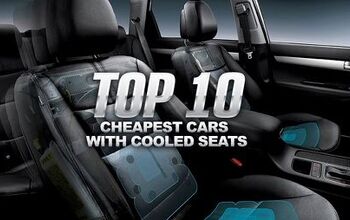

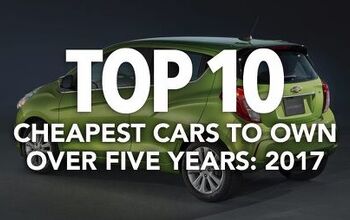
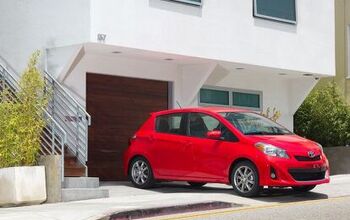
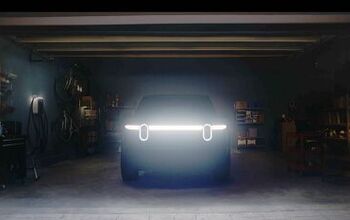

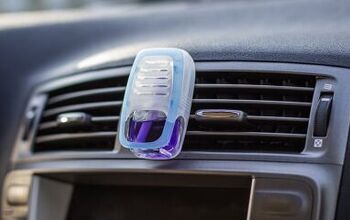
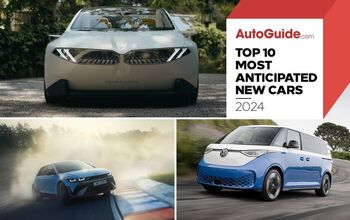
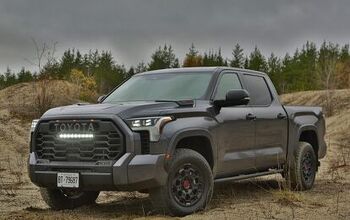

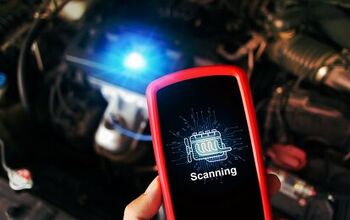
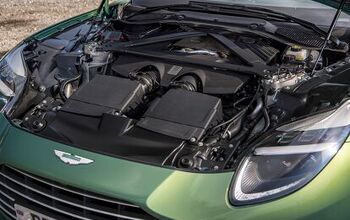


Comments
Join the conversation